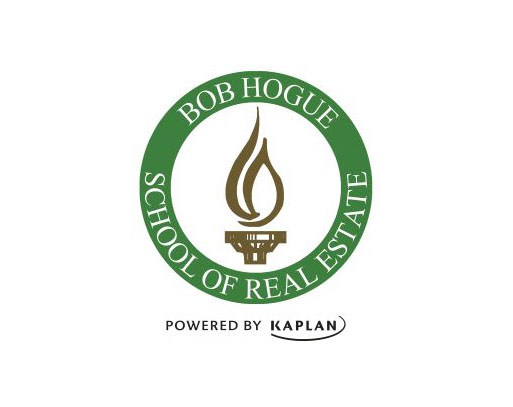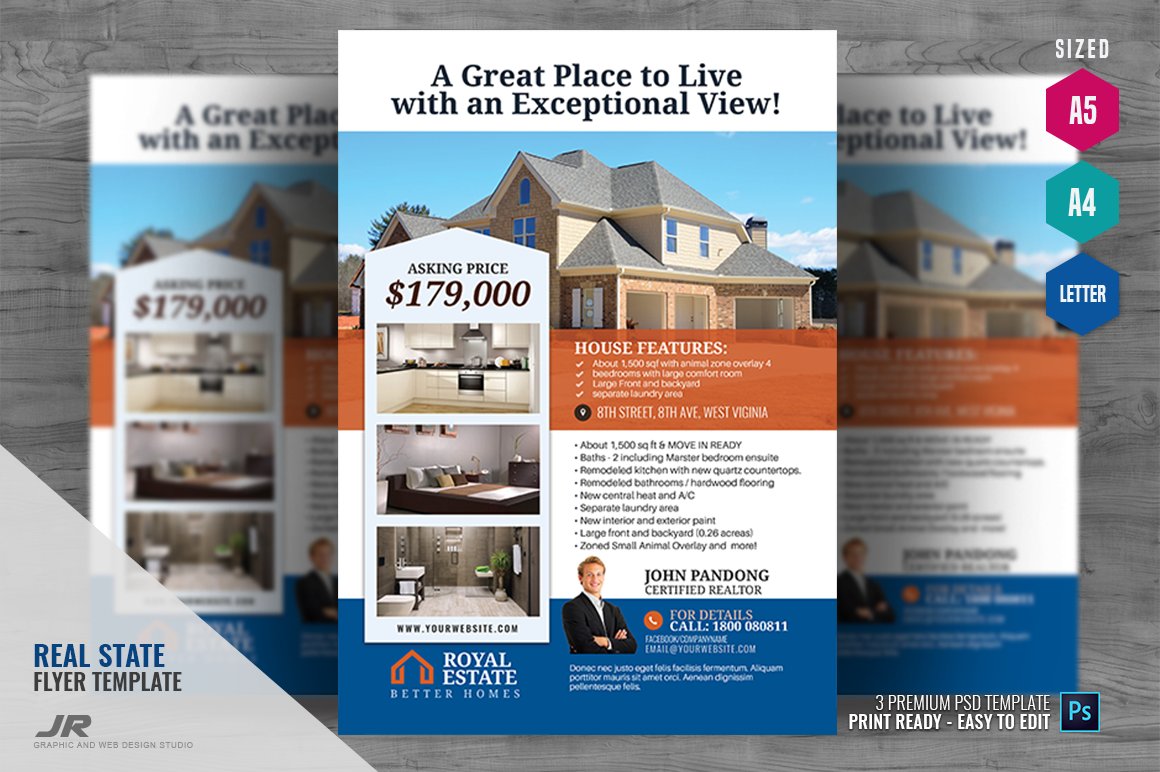
Understanding the process involved in buying rental property is essential. Learn about the pros and disadvantages of renting out properties and get a broad view of the entire process. Consider who will live in the property and when it will be vacant. Also consider why you want it to buy.
Rent to own
A rent to own rental property is a way to purchase a single-family home without having to pay the full price at once. You can build your credit score and save money to purchase the home. Additionally, you can avoid private mortgage insurance.

Hard money loans
Hard money loans for rental property are loans that are based more on the asset's value than the borrower’s credit history. Lenders take into account both the current and future value of the property. Hard money lenders offer rental property loans with lower interest rates that other forms of financing.
Owner-occupancy mortgages
Owner-occupancy loans to buy rental properties are a great way to diversify your investment portfolio and generate rental income. Due to the risk of investors defaulting on the loan these loans come with a higher rate of interest and a larger down payment. These more restrictive terms can be beneficial for real estate investors because they will be allowed to fully expense interest as a tax deduction.
1031 exchanges
This is a great option to enhance your portfolio if 1031 exchanges are being considered for the purchase of rental property. This strategy requires that you quickly find a replacement property. You must find it in 45 days, and close on it no later that 180 days after selling the original property. There are several rules that must be followed, but a smart property-finder tool will make this process easier.
A single-family home can be purchased for rental purposes.
A single-family house can offer many benefits over multifamily properties. First of all, single-family homes tend to have more space inside and outside. These homes are more attractive for tenants who have pets or families. Many single-family homes also have off-street parking and fenced-in yards, which can help tenants get in touch with them. Single-family homes have the advantage of being more affordable that multi-family properties.

Budgeting for the whole process
To budget for buying rental property, the first step is to determine how much money you can afford each month. This figure should take into account your monthly income, expenses, as well the costs associated with renting and maintaining a rental. Then, you should calculate how much of that amount will go towards monthly expenses and rent. You need to be mindful of your spending and get used to living off your savings.
FAQ
Is it possible sell a house quickly?
If you plan to move out of your current residence within the next few months, it may be possible to sell your house quickly. But there are some important things you need to know before selling your house. You must first find a buyer to negotiate a contract. The second step is to prepare your house for selling. Third, advertise your property. You should also be open to accepting offers.
How do I repair my roof
Roofs can burst due to weather, age, wear and neglect. Minor repairs and replacements can be done by roofing contractors. Get in touch with us to learn more.
What are the downsides to a fixed-rate loan?
Fixed-rate loans tend to carry higher initial costs than adjustable-rate mortgages. If you decide to sell your house before the term ends, the difference between the sale price of your home and the outstanding balance could result in a significant loss.
How can I calculate my interest rate
Market conditions can affect how interest rates change each day. In the last week, the average interest rate was 4.39%. Add the number of years that you plan to finance to get your interest rates. For example, if $200,000 is borrowed over 20 years at 5%/year, the interest rate will be 0.05x20 1%. That's ten basis points.
What are the pros and cons of a fixed-rate loan?
A fixed-rate mortgage locks in your interest rate for the term of the loan. This guarantees that your interest rate will not rise. Fixed-rate loans have lower monthly payments, because they are locked in for a specific term.
What should I do before I purchase a house in my area?
It all depends on how long your plan to stay there. Start saving now if your goal is to remain there for at least five more years. But if you are planning to move after just two years, then you don't have to worry too much about it.
Statistics
- The FHA sets its desirable debt-to-income ratio at 43%. (fortunebuilders.com)
- 10 years ago, homeownership was nearly 70%. (fortunebuilders.com)
- When it came to buying a home in 2015, experts predicted that mortgage rates would surpass five percent, yet interest rates remained below four percent. (fortunebuilders.com)
- Based on your credit scores and other financial details, your lender offers you a 3.5% interest rate on loan. (investopedia.com)
- It's possible to get approved for an FHA loan with a credit score as low as 580 and a down payment of 3.5% or a credit score as low as 500 and a 10% down payment.5 Specialty mortgage loans are loans that don't fit into the conventional or FHA loan categories. (investopedia.com)
External Links
How To
How do you find an apartment?
The first step in moving to a new location is to find an apartment. This involves planning and research. This involves researching neighborhoods, looking at reviews and calling people. This can be done in many ways, but some are more straightforward than others. Before renting an apartment, you should consider the following steps.
-
Online and offline data are both required for researching neighborhoods. Online resources include websites such as Yelp, Zillow, Trulia, Realtor.com, etc. Offline sources include local newspapers, real estate agents, landlords, friends, neighbors, and social media.
-
You can read reviews about the neighborhood you'd like to live. Yelp. TripAdvisor. Amazon.com all have detailed reviews on houses and apartments. Local newspaper articles can be found in the library.
-
Make phone calls to get additional information about the area and talk to people who have lived there. Ask them what the best and worst things about the area. Ask for their recommendations for places to live.
-
Consider the rent prices in the areas you're interested in. If you think you'll spend most of your money on food, consider renting somewhere cheaper. However, if you intend to spend a lot of money on entertainment then it might be worth considering living in a more costly location.
-
Find out all you need to know about the apartment complex where you want to live. It's size, for example. What is the cost of it? Is it pet-friendly? What amenities does it have? Are there parking restrictions? Are there any special rules for tenants?